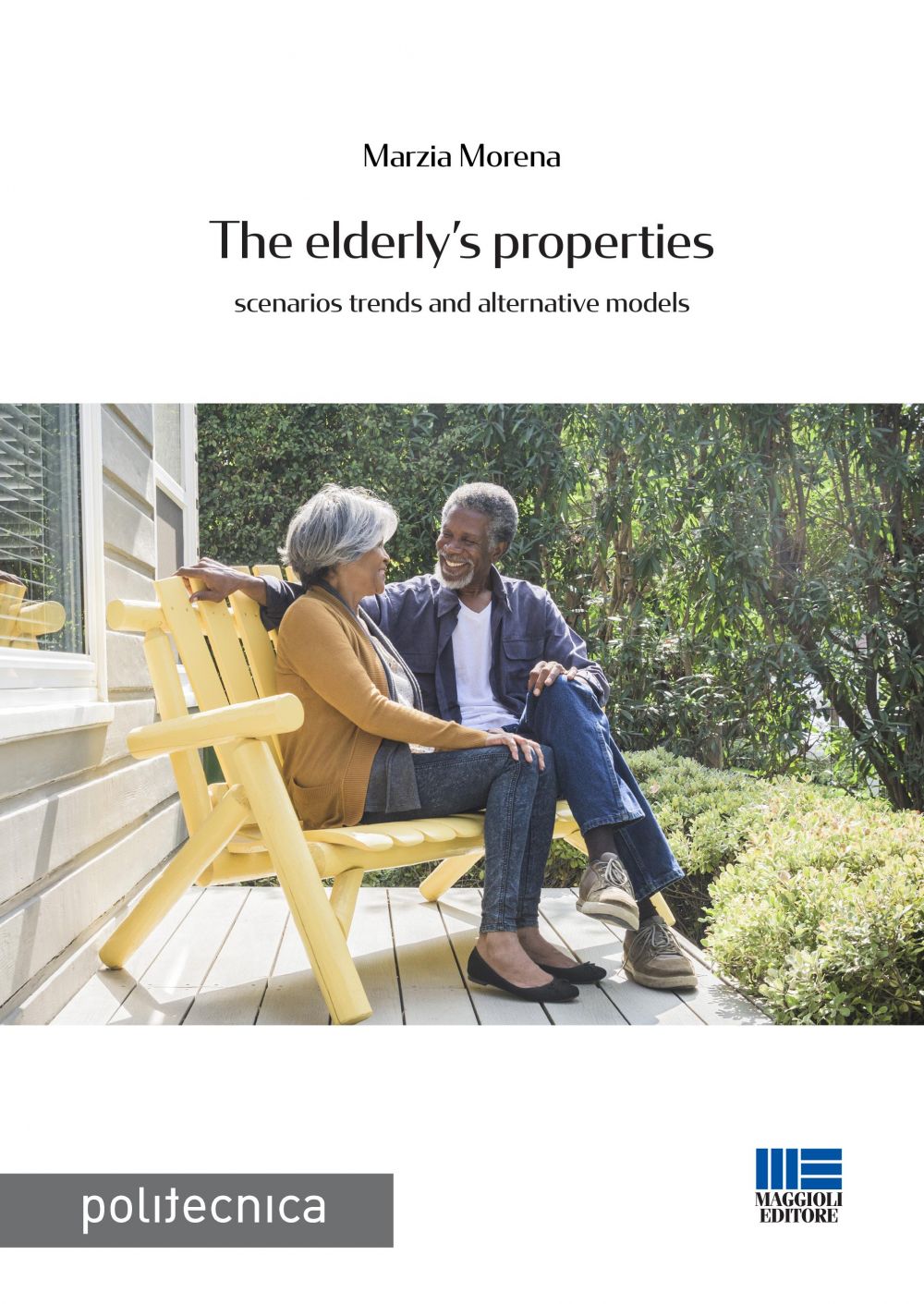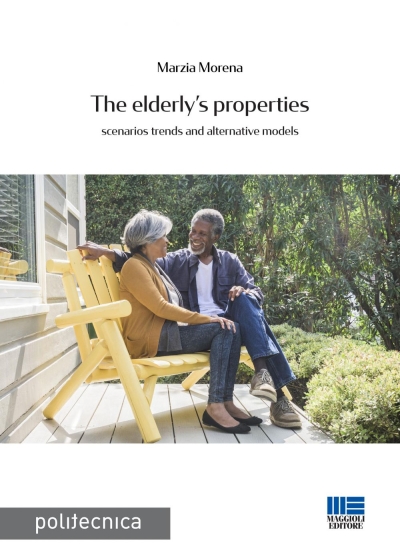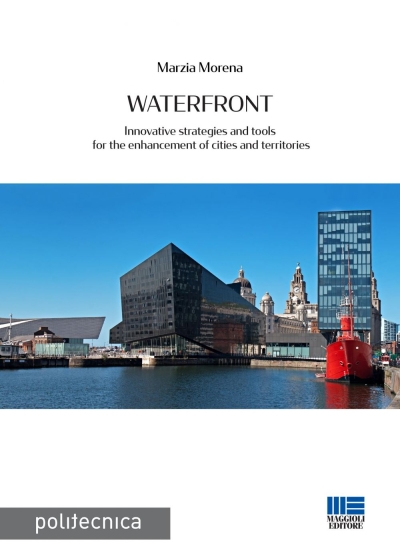Description
The traditional model that caters for the requirements of older adults focuses mainly on the treatment of disorders, and on support to those who have lost their autonomy. Today, assisted care facilities generally provide healthcare and medical services, rather than catering for all the difficulties that a family or individuals may have to face. Older adults and their families need to change their habits and plans, including their existential targets, all along the elderly life span. The elderly feel deeply rooted in their communities. The ownership of the house itself, a major goal to many of them, is felt as a guarantee of stability and continuity. The urban arrangement and town-planning models are seldom designed to accommodate the daily requirements in all the different stages of life, and this issue is not limited to large cities only. In addition to that, the institutional models of care for people with reduced autonomy are nowadays inadequate, in most cases, to meet their requirements and wants. This scenario calls for solutions that are difficult to implement, especially in critical economic times such as the one we are currently experiencing. Nonetheless, research and planning in this field are now unavoidable. It is not by chance that most countries with advanced economies have already started significant reforms in service types and organization; however even when legislative or regulatory acts are lacking, the solutions sought by people today differ from the standard institutional proposals. This essay analyzes some fields of development of these scenarios, starting from the tricky boundary line between ordinary housing solutions and those capable of integrating housing with adequate services. The large number of variables generates an extremely fluid overall picture; partly the issue is about matching people's desire to live in places that they feel to be their own and where they can experience the fullness of their lives, with the needs imposed by organizational solutions and service models. It should come as no surprise, then, that considerations on this theme bring together realities that are very different from one another, and cannot therefore be classified or described as a homogeneous model.
Biographical notes
Marzia Morena is associate professor of MSc at Management of Built Environment and MSc at Architecture - Built Environment - Interiors at Politecnico di Milano.
Founding partner of Real Estate Center (REC) of Dep. ABC of the Politecnico di Milano.
In 2008 she was among the founding partners of the “Permanent Observatory on the Local Public Administrations” (OPPAL) and is coordinator and member of its Scientific Board.
Director of Executive Course of MIP, the Business School of Politecnico di Milano.
Since 2018 founding partner of WaterFront Lab of Real Estate Center of the Politecnico di Milano.
Since 2017 member of the Executive Board of Assoimmobiliare.
Since 2016 member of The Continental Europe Educational Standards Board (CESB) of The Royal Institution of Chartered Surveyors (RICS).
Chair of Federimmobiliare from 2014 to 2016.
Chair of the Italian chapter of The Royal Institution of Chartered Surveyors (RICS) from 2010 to 2016 and member since 2006.
Founder member in 2006 of AREL (Associazione Real Estate Ladies) and member of board until 2013.




